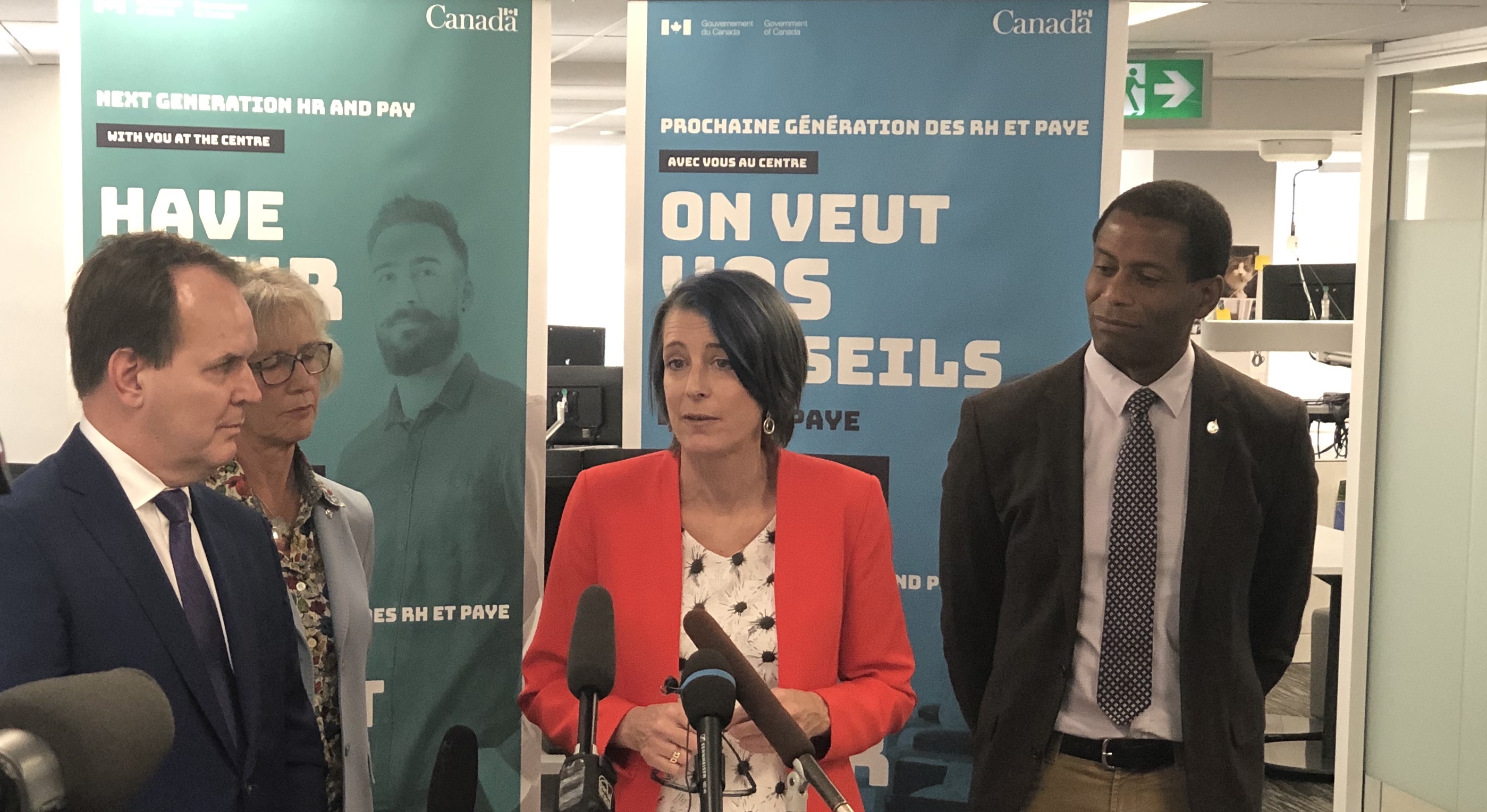Ottawa, September 9, 2019 -- Dr. Margaret Haydon, a scientist who was fired by the government for blowing the whistle on Health Canada's approval process of a controversial veterinary drug, has filed an appeal to the unfair compensation provided by the Federal Public Service Labour Relations and Employment Board in her case.
In July 2004, the government fired Dr. Haydon and her colleagues Dr. Gerard Lambert and Dr. Shiv Chopra for going public with their concerns about the approval of the recombinant bovine growth hormone (rBGH), used to increase milk production in cows. The drug could have leached into Canadian dairy products and impacted public health. Their efforts to keep bovine hormone growth out of Canada’s milk supply were ultimately successful – but at a personal and professional cost.
“Every time you drink a glass of milk, you should thank Dr. Margaret Haydon, Dr. Gerard Lambert and Dr. Shiv Chopra for ensuring it isn’t laced with harmful drugs,” said PIPSC president Debi Daviau. “But what did these scientists get for preserving your food safety? Fired. The government dragged their reputation and careers through the mud. It was unconscionable and we can’t allow that to ever happen again.”
After years of administrative tribunals, Dr. Haydon won her case before the Federal Public Service Labour Relations and Employment Board. But the Board limited the return of lost wages to only a period of 10.5 months.
“The compensation awarded by the tribunal was unfair and not enough to deter future governments from conducting reprisals against public service professionals who speak truth to power,” said Daviau. “Not only are we going to continue to fight for a fair compensation for Dr. Haydon, we’re going to fight for a better Public Servants Disclosure Protection Act to actually protect whistleblowers and the public.”
The Professional Institute of the Public Service of Canada represents 60,000 public service professionals across Canada.


